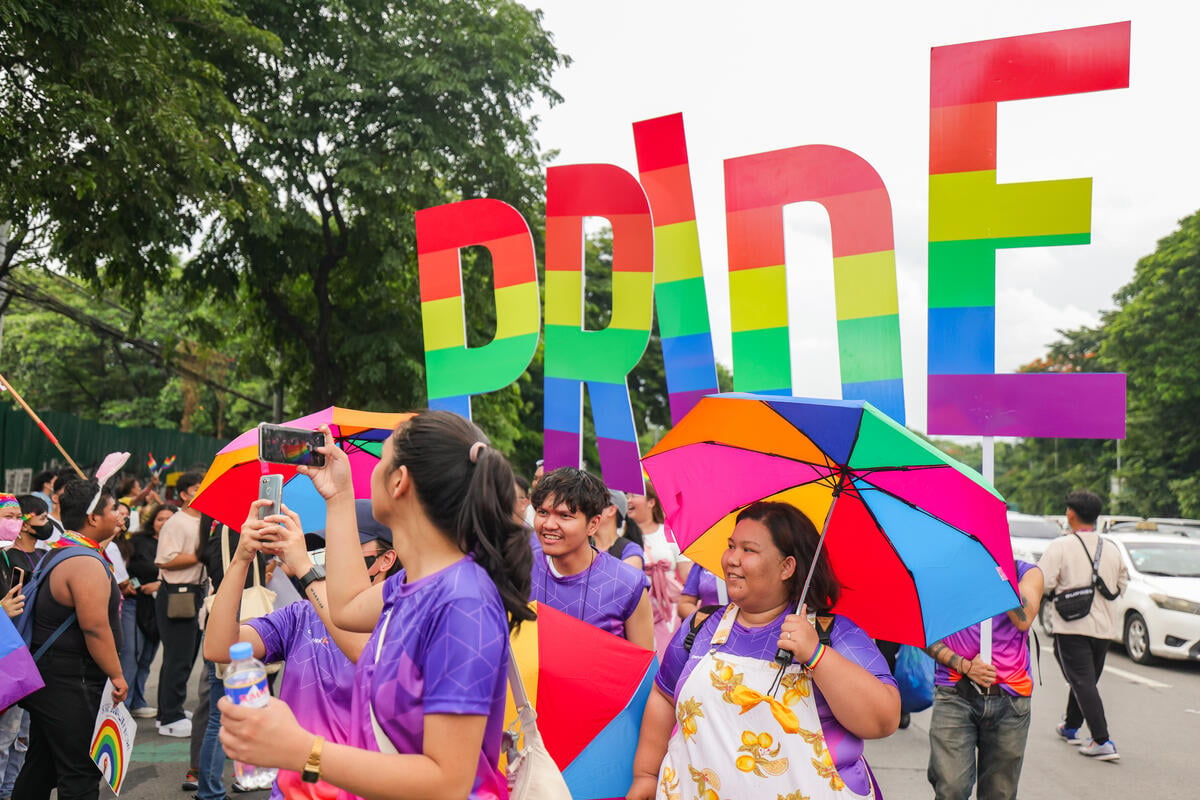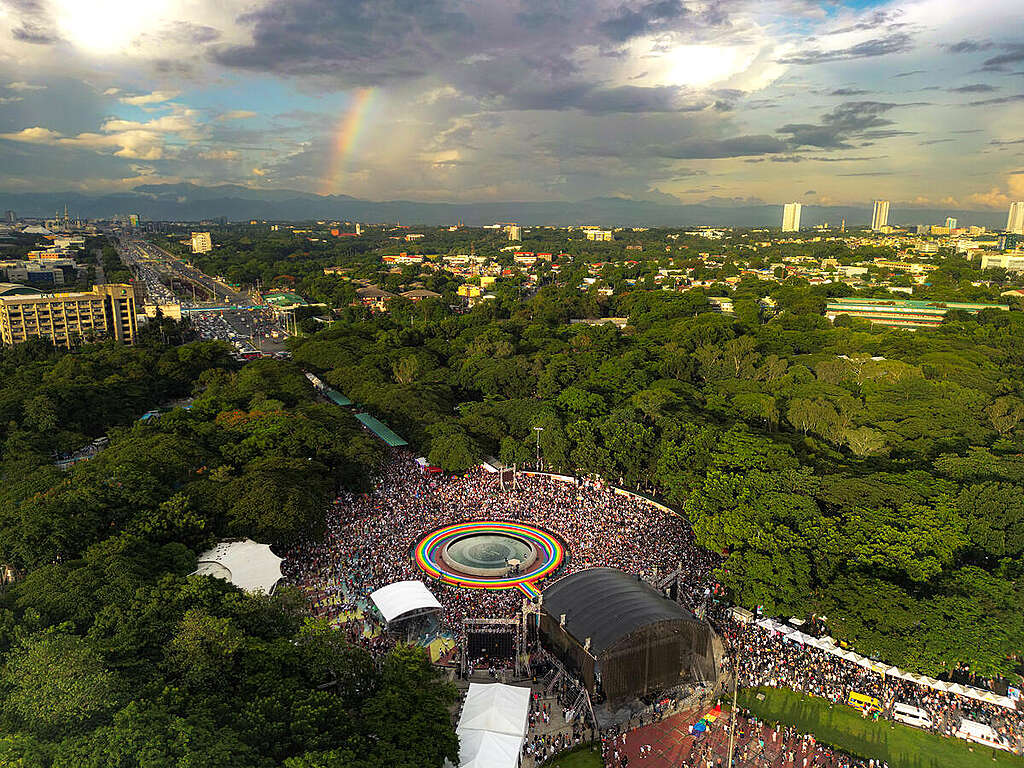(First published on The Philippine Star)
Marketing trends show consumers gravitate towards brands that claim to be environmentally and socially responsible. They are willing to pay more for products that are supposedly less harmful to the Earth or support the causes they care about. From a public relations standpoint, this approach of projecting an image of an ally of the people and the planet also builds a company’s social license and reputation.
But this begs the question: At a time when “being good” sells, who is just “acting good” and who is actually “doing good?” Who is the real hero and who is just disguising as a hero?

Rainbows are everywhere during Pride Month, and this year’s celebration was no exception. From social media feeds, marketing collaterals, store displays, clothes, product packaging to so many more things being sold – all laced with a spectrum of colors. But as the festivities come to a close, will corporations – the same ones bannering the rainbow in their campaigns – continue to raise the flag or roll it down, store it, then conveniently just show it again next year?
Whilst this type of visibility helps increase acceptance for the LGBTQIA+ community, some of these marketing and communication ploys can often just be rainbow-washing. Like green-washing, it’s about corporations using superficial gestures of support for the queer community to create the illusion of allyship, without actually providing any meaningful support to the community.
In the last decade, it has become increasingly clear that corporations have recognized that LGBTQIA+ people are a valuable market segment. In fact, the LGBTQIA+ community is a major economic force: if it were a country, it would be one of the largest economies in the world. For corporations, monetizing the rainbow is just too good of an opportunity to let pass. They see the community not as a diverse representation but as a monolithic market to be milked.
But rainbow-washing takes away the true meaning of Pride. This commodification, or commercial exploitation, trivializes the history and essence of Pride, which is a commemoration of the Stonewall riots and the fight for justice and equity for all. It’s also more injurious to the community than we realize, as it perpetuates ignorance and creates divide. Some corporations – like AT&T and Walmart in the United States –plaster the rainbow on their platforms and then proceed to fund anti-queer politicians that actively legislate against the LGBTQIA+ community.
This form of deception is just one of the many instances when corporations show their true colors and prioritize profit over the people and the planet. Greenwashing has also been on a rise in recent years as companies attempt to mask their real environmental damages to the Earth. Corporations like Coca-Cola, which promises a “world without waste,” has been named as the worst plastic polluter for five years in a row, according to the annual Brand Audits by the Break Free From Plastic movement. Even Shell, with its supposed commitment to protect the environment by claiming to reduce its absolute emissions, continues to expand and extract fossil fuels, further fueling the climate crisis.
The silver lining in all these is that the people and communities around the world are standing up against these forms of corporate deception. They are the real heroes. Even in the face of oppression, exploitation and discrimination, they are the ones at the frontlines, trying to find solutions in a world that constantly ignores – even neglects – them.
In the Philippines, LGBTQIA+ youth are leading the fight for climate justice. Joshua Villalobos, one of the founding convenors of Youth for Climate Hope, successfully campaigned against a coal-fired power plant in Negros Occidental. He also lobbied for Silliman University to declare a climate emergency, making it the first university in the country to do so. Lester Dellosa, a queer artivist from Bicol, champions sustainability and collective climate action through art and fashion.
Joshua and Lester are among the many queer individuals who are speaking out for our fragile Earth. They are fighting for climate justice in the Philippines, a country that is consistently ranked as highly vulnerable to climate change. Holding corporations accountable for their climate crimes and deception is essential to delivering justice to all Filipinos, who have been disproportionately affected by some of the world’s most destructive climate-induced disasters.
There is no pride on a dead planet. And there is no pride in pretending to care about the planet while continuing to profit from its destruction. Corporations that truly care about the people and the planet must abandon their oppressive and outdated practices, and stop using the rainbow to hide their true colors.

The fight for justice and equity must not end on Pride Month. We are enjoined to do the extra but necessary legwork to identify which of these corporations are simply stamping the rainbow for show and profit, and separate them from those that are genuinely and actively supporting historically marginalized communities like the LGBTQIA+.
There is a difference between being visible and being genuine. One’s true colors are revealed when actions in the shadows are pushed to the light. And when people care to look.
Eunille Santos is a campaigner for Greenpeace Philippines. His passion for gender studies began in college when he took LGBT psychology and wrote a thesis about LGBT publications in the Philippines. He has since joined different Pride Marches in the Philippines, Thailand and Myanmar.
